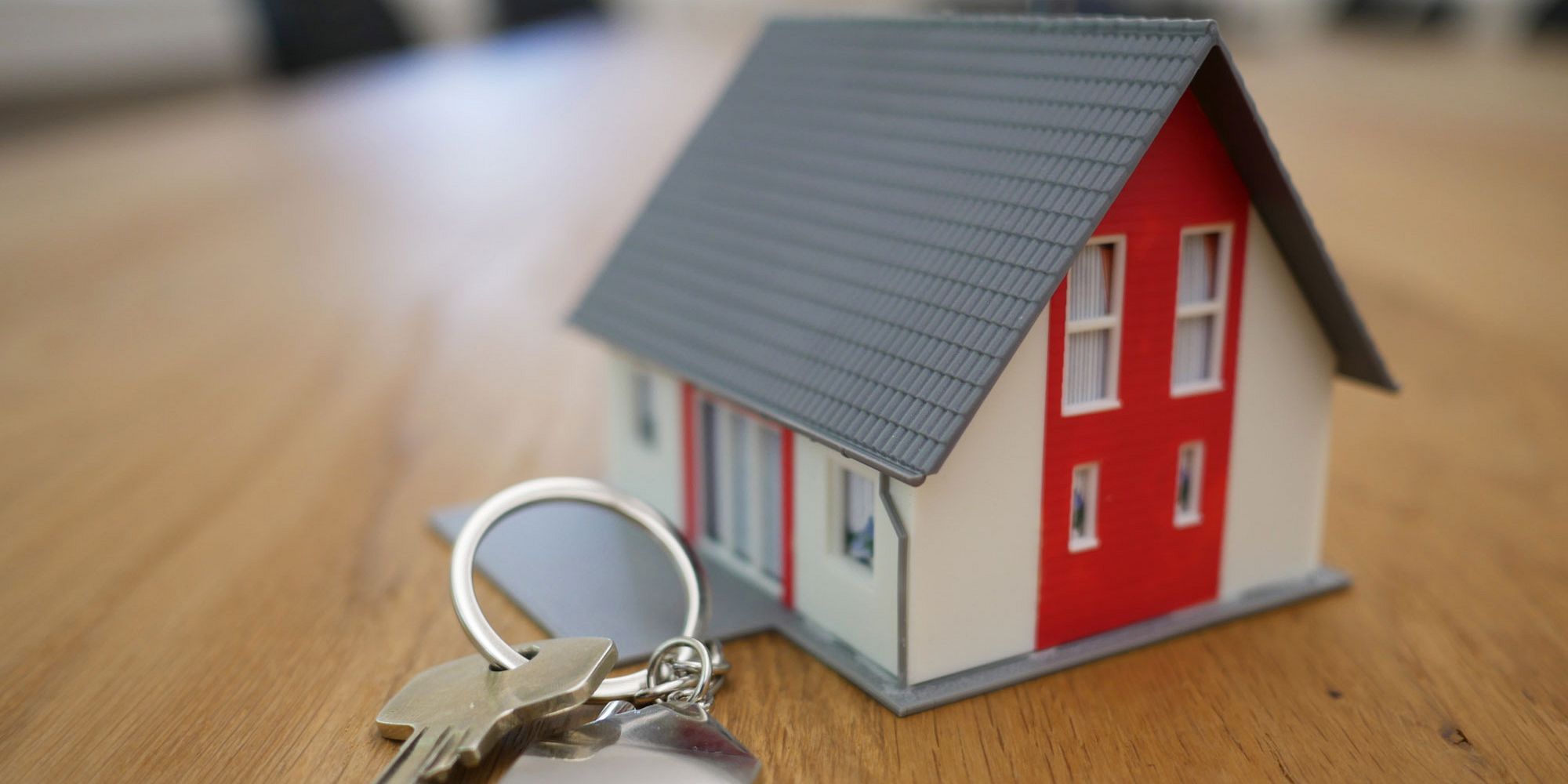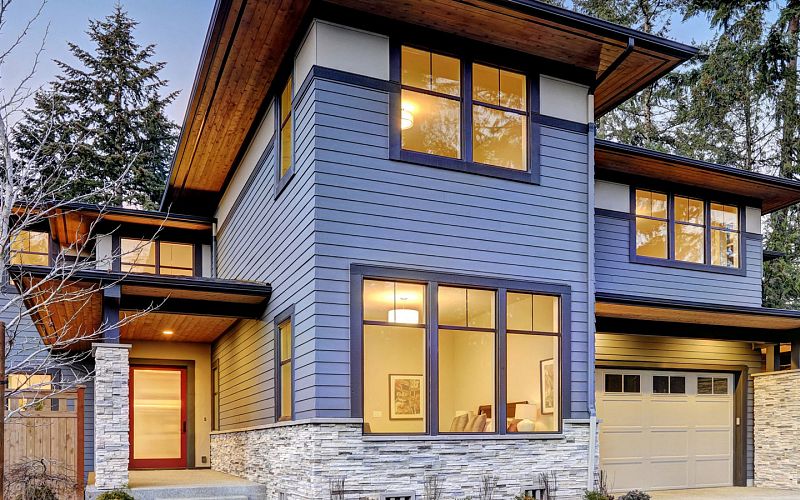Buying a home can be a huge life change and a difficult undertaking, especially if it's your first time. From saving for a down payment and closing costs to repairing credit, there are many steps you must take before buying a home. But once you close the deal and get things in order, you may realize that there are some things you could have done differently. When it comes to making big financial decisions, it's easy to make mistakes that you may regret later on.
If this is your first time ever buying a home, you should arm yourself with as much knowledge as possible before taking the big plunge. Here are 8 costly mistakes to avoid when buying a home for the first time.
1. Not budgeting
No one wants to be ‘house broke’, which is why it’s so important to create a budget and calculate how much house you can afford before you apply for a mortgage to avoid being saddled with debt. If you don't already have a budget, make a list of all your monthly expenses including:
- Vehicle costs (i.e. car insurance, car payments, gas, etc.)
- Student loans
- Credit cards
- Food
- Health insurance
- Retirement savings
- Etc.
Once you've written a list of your expenses, use a mortgage calculator to research current interest rates. This will help you estimate the costs of monthly payments for your future home. When you begin shopping for a home, tailor your search to properties within your budget.
Looking at homes outside of your price range will only put you off track and cause you to stretch beyond your means because you may be unsatisfied with what you actually can afford. To avoid this, either focus on homes within your budget or try to reduce your monthly expenses and/or increase your income to purchase the home you desire.
2. Looking at home before pre-approval
Buying a home for the first time can be exciting — so exciting that you can't help but look at homes before starting the mortgage application process. But doing so will cause you to waste
time. If you don't start applying first, you won't know how much a lender or bank will allow you to borrow, which means you'll be unaware of how much you can really afford.
If you set your sights on a particular home before applying for a mortgage, you could find yourself losing the property to another homebuyer because you didn't start the application process first. Before falling in love with a home, make sure you receive a fully underwritten pre-approval first.
3. Not using a REALTOR®
In today's digital world, you may not think you need the help of a real estate professional to help you find a home most suitable for you. You may think that you can find the perfect home with just the click of a button. Where many first time homebuyers go wrong is they underestimate the important benefits a REALTOR® brings to the home buying process. A REALTOR® not only helps you find a home within your budget and taste, but they also help with negotiation, contracts and documents, referrals (i.e. contractors for repairs), and much more.
So if you're serious about buying a home, don't walk into an open house without a real estate professional. Your REALTOR® will act in your best interests to ensure that you get the home and deal you desire. It can be incredibly difficult to navigate home buying without an experienced agent to guide you through the process.
4. Neglecting your credit
Just because you were pre-approved for a mortgage loan doesn't mean you should stop watching your credit reports closely. Lenders not only pull credit reports at pre-approval but also just before closing. Any new loans or credit card accounts can jeopardize the closing because they can lower your credit score and increase your debt-to-income ratio.
If you have existing credit cards, keep your credit utilization below 30 percent and pay your bills on time, in full, every month.
5. Not taking advantage of first time homebuyer programs
As a first time homebuyer, you may not have a ton of money saved up for a down payment and closing costs. You don't have to make the mistake of delaying ownership because you need to save for a down payment. There are first time homebuyer programs out there that offer down payment assistance and competitive mortgage rates for first time buyers.
Look for programs that are available in your province. Taking advantage of these programs can save you a huge headache when coming up with the money for a new home.
In British Columbia, there's a First Time Home Buyers' Program which exempts first time buyers from paying the property transfer tax. The program reduces or eliminates the amount owed for
taxes. There's also the Homeowner Grant which lowers property taxes first time homeowners are required to pay yearly. Under the Newly Built Home Exemption, qualifying first time home buyers can receive help with lowering or eliminating property transfer tax they're required to pay on a new house.
Recently, the Government of Canada also introduced a First-time Homebuyer Incentive Program which kicks in later this year. The program will offer first-time homebuyers interest-free loans up to 5% of the purchase price on a resale home or 10% on a new-build. This funding is payment-free through a shared equity mortgage with the federal government. While some restrictions do apply, this may be a good option to increase your down payment while increasing your buying potential.
6. Emptying your savings
You should never spend all or most of your savings on the down payment and closing costs. This is a big mistake, especially if you're buying a previously owned home. You may need to pay for unexpected repairs. Other emergencies could come up as well. But if you're not financially prepared, you won't be able to cover these costs.
To avoid this mistake, make sure you have enough saved up to make a down payment, pay for closing costs and moving expenses, and take care of possible repairs. Try to save at least three to six months of living expenses.
7. Talking to only one lender
Getting a mortgage from the first (and only) bank or lender you talk to isn't necessarily the best option. Without talking to other lenders, you won't be able to compare interest rates and other determining factors such as lender fees and loan terms.
It's important to get the best deal possible, especially if you're on a tight budget. But you won't have a good basis for comparison if you don't consult with multiple lenders. Be sure to shop around with at least three different lenders to make sure you get the best possible deal.
8. Failing to inspect the home
Avoid closing on a home if you don't know the true condition it's in. If you do, you may find yourself performing lots of unexpected (and potentially expensive) repairs. A thorough inspection of the property can help you avoid making the serious financial mistake of buying a home that requires costly repairs.
When it comes to buying a home for the first time, many challenges will come your way. Because it's a new experience, many first time home buyers struggle to make the right decisions and make costly mistakes during the process. That's why it's so important to work with a licensed REALTOR® who will help you navigate through each stage of this new and exciting process.







